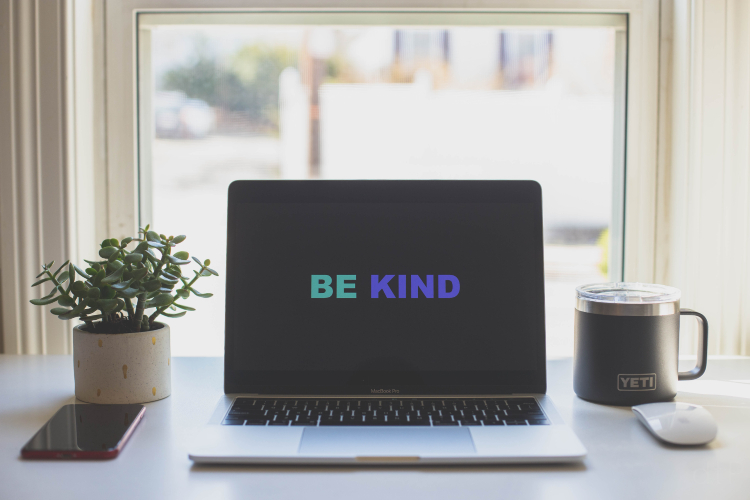Kindness is no different, dear reader.
The benefits of kindness
While the main emphasis of these definitions is on the encouragement of prosocial behaviour and acts of altruism, having a positive ripple effect on receivers and the wider community as a whole, more recently, research has focused on how practising kindness also has a profound effect on our psychological and physical health, facilitating greater overall well-being and happiness.
Therefore, it is no wonder why kindness was recently chosen as the theme for Mental Health Awareness Week as it is one of the strongest pillars of our psychosocial mental health.
Studies have shown that random or deliberate acts of kindness will not only reduce stress, the perception of pain, various mental health symptoms and blood pressure, but your body is also flooded with the same hormones such as serotonin, endorphins and oxytocin, that make you as well as the person receiving kindness, stronger and more vibrant.
Serotonin heals wounds, helps us relax and regulate sleep, mood, appetite and enhances our ability to focus and learn. Endorphins are your body’s natural pain reliever, released in response to reward producing activities and oxytocin enhances social bonds and positive feelings of trust and empathy.
An often forgotten yet equally significant layer to this kindness commentary is self-kindness. Yes, it even feels strange to consider it since it has become so unfamiliar to us. Pay closer attention to the negative self-talk and labels you may use when evaluating your thoughts and actions since there is an undeniable connection between our self-compassion and ability to be kind to others.
Why are we kind or unkind?
The next time you are confronted by an act of unkindness, remember this:
‘Those who lack kindness within, have no kindness to weave or to give.’
Not as an excuse for their behaviour but as a commitment to have more patience and positive interactions with others, it’s imperative that we think slightly deeper about the reasons people might choose cruelty over kindness. Often times, it is less about you and mostly about them.
Kindness is more important than ever
It is so inspiring to see a kaleidoscope of acts of kindness during one of the most uncertain and troubling times of our generation. More frequent contact with family and friends, supportive initiatives toward neighbours and community members, sharing recipes, delicious dishes and desserts and remaining home so that we can do our part to protect the health and wellbeing of the most vulnerable. When it comes to Covid-19 social interventions are as powerful as medical solutions. The good news is that we are fully in control of this dimension, all of us. Through our everyday decisions and responses, we have proved that we have the power to engineer our behaviour in order to create a social vaccine, regardless of our location.
As we share this global adversity, choosing kindness and contributing in this manner is a beautiful demonstration of collective benevolence. Dr Catherine Barrett, the founder of the Kindness Pandemic says, ‘Kindness won’t make Covid-19 go away, but it will make our lives easier and more rewarding.’
Not to be underestimated, every single caring act has the power and potential to transform people and places. Since you have already started, let your recent actions become habituated into your regular rituals and rhythms of life. Remember it’s not enough to BE kind; we need to DO kind by cultivating and extending kindness. Applied kindness can ensure that we come out of this crisis stronger and more connected, unlike post-2009 when the most vulnerable people in our communities experienced severe consequences of austerity, having long-lasting effects on their mental and physical health.
In the spirit of aiming to emerge from this pandemic stronger, the crisis has hopefully woken us up to what needs to be developed and improved or entirely transformed. Thankfully, kindness has more recently taken centre stage and enjoying a psychological renaissance. Now, all we need to do is volunteer as collective agents of change and kindness to participate in this revival, ensuring the certainty that we all need at the moment, that no matter how small or significant, we will all benefit from societies fuelled by acts of kindness.



